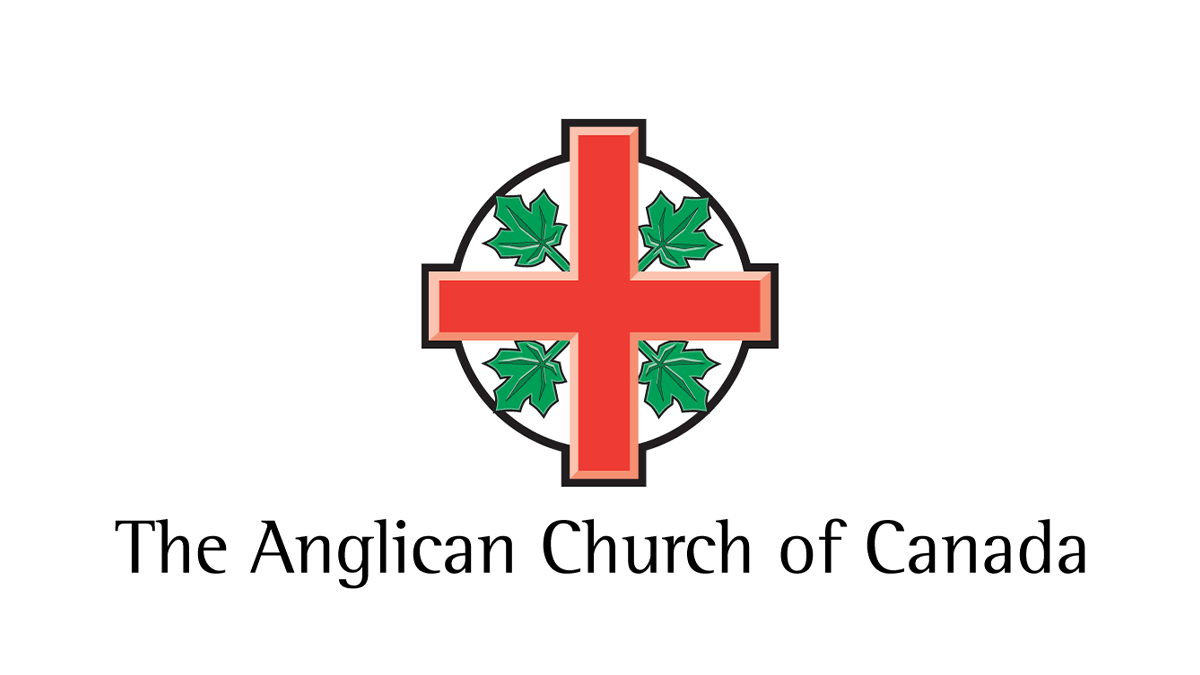The following is a message from George Carey, Archbishop of Canterbury, to Rev. Trevor Walters, spokesperson for the eight parishes which walked out of synod after the diocese of New Westminster voted in favour of blessing same-sex unions. It responds to a letter sent by Mr. Walters before synod to Archbishop Carey and all primates in the Anglican Communion, asking them to intervene in New Westminster and provide alternative episcopal oversight for clergy and parishes which did not support same-sex blessings.
Thank you for your letter, sent to me ahead of the Synod meeting at the weekend. I did not judge it right that I should comment on it prior to the debate.
As I understand it, the Synod’s decision has been to introduce a liturgical form for blessing same-sex unions, for use in those parishes where this forms an important part of their ministry; and a system of extended episcopal oversight to provide for those clergy who in all conscience fundamentally reject this development in the life of the diocese.
My own position in relation to same-sex relationships is well known. I stand firmly by the resolution passed at the Lambeth Conference. For this, I have been criticised as homophobic. I am not. But I do not accept that homosexual relationships can be treated as being on a par with the man-woman ideal portrayed in Holy Scripture.
It saddens me deeply that any diocese should be following a course at odds with the Lambeth Conference resolution 1.10(e); and I fully understand the dismay this causes to those in the diocese who disapprove of this departure from the Anglican moral tradition and the views of the majority of their fellow believers throughout the Anglican Communion.
At the same time, I am sorry to learn that some walked out of the Synod debate following the result and I am alarmed by the statements of those who appear to be determined to look elsewhere for episcopal oversight in place of the extended episcopal support which Bishop Ingham has offered.
As I understand it, there is much detail still to be worked out in relation to the arrangements outlined in last weekend’s resolutions. For example, the extent and limitations of the pastoral care that is being offered is far from clear; as is the timetable for implementing these proposals. There is a need for certainty about what these proposals amount to, both constitutionally and liturgically.
Let us make no mistake, these are difficult and painful issues – both for those who hold strong views on each side of the argument, and for those who remain undecided. I believe firmly that we should ‘speak the truth in love’ to each other, on these and many other issues – but I believe that we do so most effectively by standing our ground in continuing dialogue and ongoing fellowship with each other, not by walking away.
As you indicate in your letter, this matter has implications far beyond the boundaries of the Diocese of New Westminster. I have no doubt that the unity of the Communion is threatened by your Synod’s decision. You ask me to intervene, in accordance with Resolution 3.6(b) of the Lambeth Conference 1998. Although I have my doubts as to whether that resolution is directly relevant to the problems you face, I shall seek to ensure that the matter is brought up at the forthcoming Anglican Consultative Council meeting and the Primates’ Standing Committee.
With prayers and best wishes at this time,
George Carey
Archbishop of Canterbury
cc The Most Revd Michael Peers
The Rt Revd Michael Ingham
